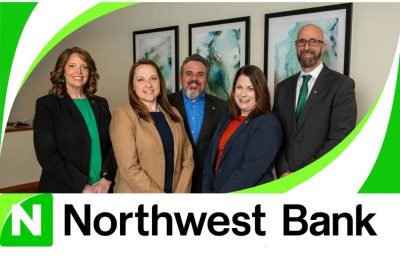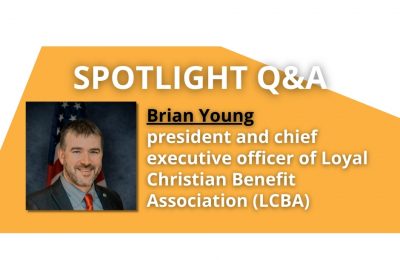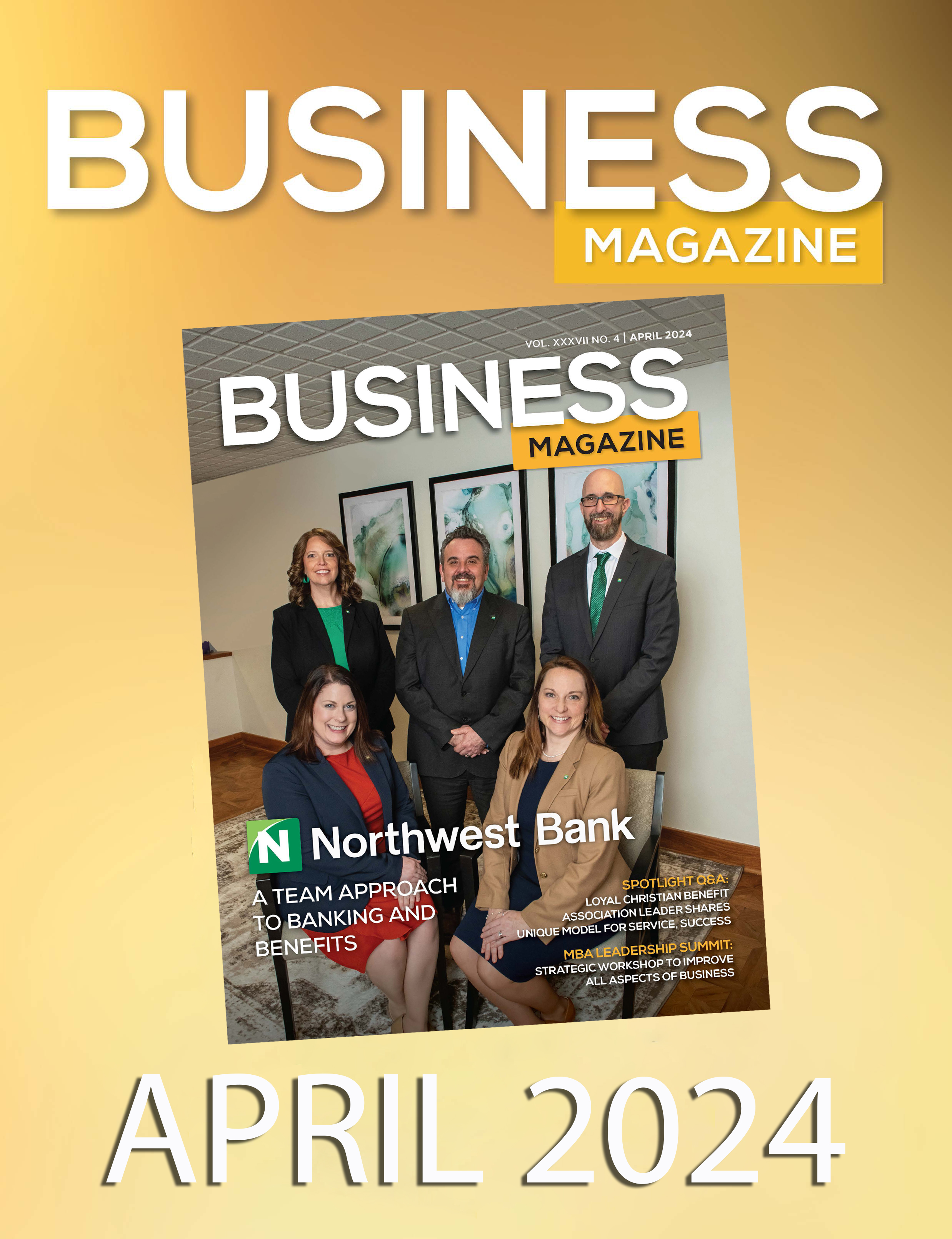 James Kinville is a senior director at LifeSolutions, an EAP that is part of the UPMC Insurance Services Division. LifeSolutions’ Erie office is located at 100 State Street, Suite 450.
James Kinville is a senior director at LifeSolutions, an EAP that is part of the UPMC Insurance Services Division. LifeSolutions’ Erie office is located at 100 State Street, Suite 450.
Employee assistance programs (EAPs) have a long history of success in helping employers and employees tackle some complicated and difficult problems. EAPs can trace their beginnings back to 1917 and have been a part of many company benefit programs since the 1960s and 1970s.
And, yet, for many employees, EAPs remain an underused resource. The reasons are many, with employees and employers both responsible. Getting the word out to employees that EAPs are a valuable resource that is available to them is what really matters.
Interestingly, one of the biggest reasons for resistance to EAPs is that many employees do not believe that EAPs are truly confidential. This comes from a fundamental lack of understanding of how EAPs operate.
For an employer, it is imperative that employees are continually educated about how an EAP works. That includes expressing the fact that an EAP is absolutely confidential. EAPs do not report back to the employer after meeting with an employee. Time spent with an EAP is not part of an employee’s work record. That kind of understanding is needed for an employee to look to an EAP as a trusted resource.
Another misconception, which is still prevalent in the workplace, is the stigma attached to reaching out for help in this manner. In particular, male employees may struggle with this. What an employer needs to explain is that everyone at some time or other has had on- and off-the-job problems of a similar nature and getting help to deal with these kinds of issues is a smart thing to do.
Consider the range of things that EAPs handle: financial problems, marital and family issues, cancer, stress-related illnesses, caregiving for parents, substance abuse, workplace conflicts, depression and more. It makes sense to turn to a professional for help with these subjects and it makes sense to realize that some of these problems are bigger than anyone can handle alone. It’s not a stigma to go for help, but rather a wise choice.
There is no need for an employee to tell anyone — boss, HR official or work colleague — if he or she wants to utilize EAP services. Companies provide an EAP phone number and an employee can call confidentially and make an appointment. Because EAPs operate independently of an employer, they are often flexible about when and where they can hold sessions. It could be over the phone, at a therapist’s office or even at the worksite.
How EAPs Provide Value:
1. By leveraging the value of an organization’s workforce
2. By addressing the cost of doing business
3. By helping an organization to mitigate its business risks
It is essential that employers understand that EAPs can enhance an organization’s performance, its culture and its business success. EAPs should be a key component of an employer strategy to increase employee engagement and improve productivity, morale and workplace harmony.
In deciding which EAP to choose, employers need to select one that can optimize its value to a company’s culture and workforce to ensure the achievement of business objectives. Employers should weigh an EAP’s experience and expertise in the field, the credentials of the EAP’s staff, the EAP’s level of responsiveness and accessibility, its ability to integrate with other key benefit providers, and whether it can tailor a plan design to fit a company’s specific needs.
For information about increasing engagement and productivity in the workforce and how LifeSolutions can leverage the value of your company’s investment in human capital, visit http://www.lifesolutionsforyou.com.















